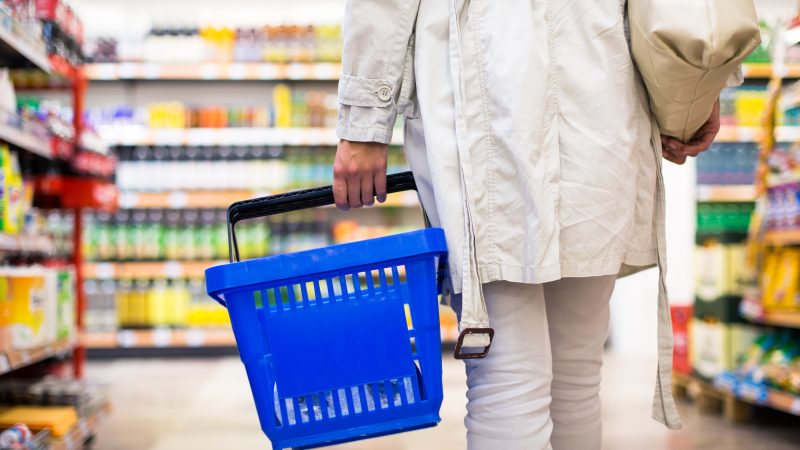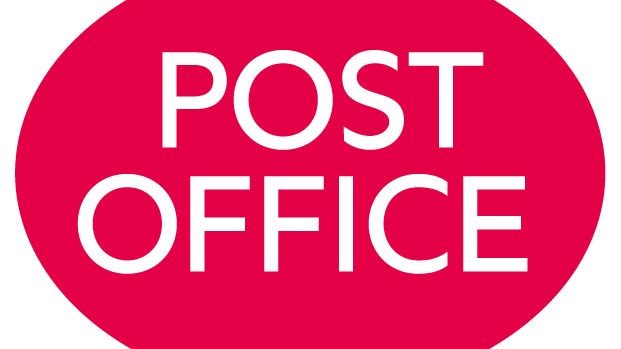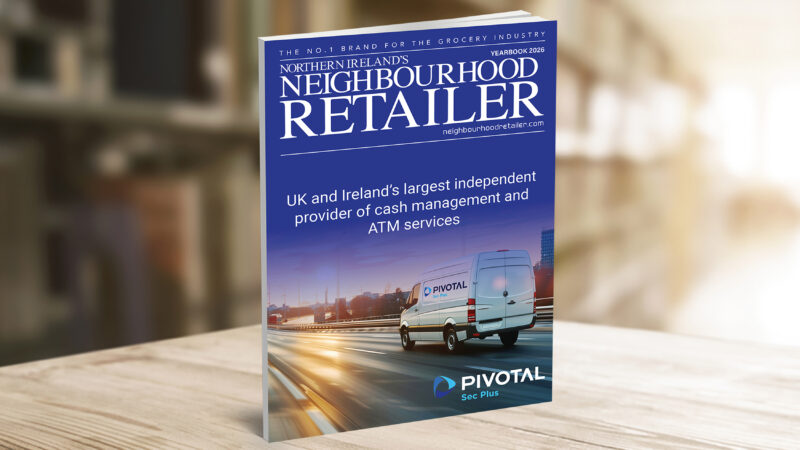Northern Ireland is most ‘cash-heavy’ of all UK nations
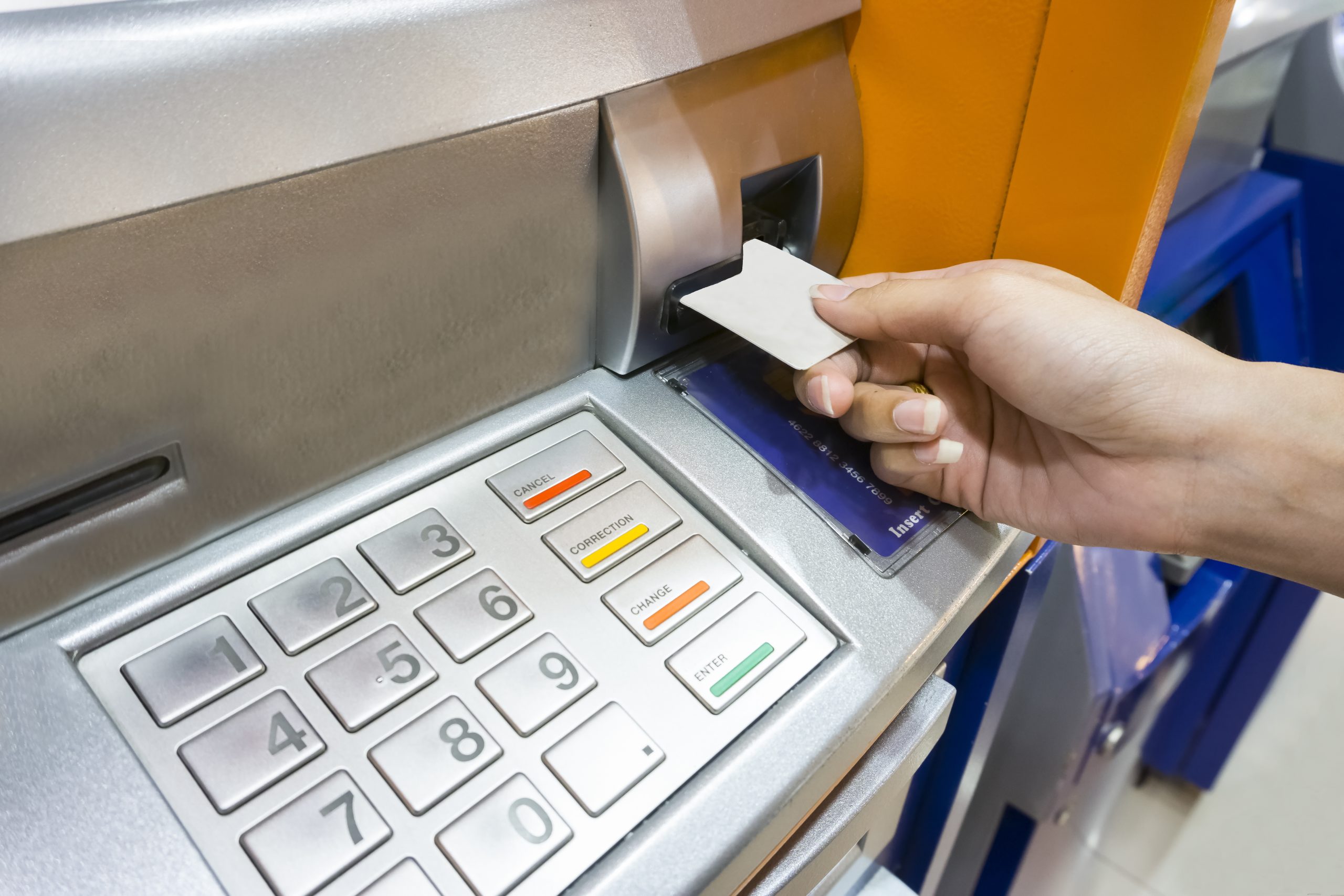
Northern Ireland remains the most “cash heavy” of all the UK nations, with NI banking customers withdrawing an average of £2,266 in 2022, compared to the south-west, where the average customer withdrew £1069.
New data published by LINK, the UK’s cash access and ATM network, showed a small increase in the value of cash withdrawals at ATMs last year, as UK banking customers withdrew £83bn from cash machines compared to £79bn in 2021.
There was also a 5% increase in the total number of ATM transactions last year, rising from just over one billion to 1.024bn. All this means the average withdrawal per person over 16 in the UK was £1564 last year, up on 2021 at £1462.
ATM WITHDRAWALS
LINK’s data shows that ATM use is still considerably down and is unlikely to return to pre-pandemic levels. In 2019, £115bn was withdrawn from cash machines.
ATM withdrawals represent 90% of all cash withdrawals in the UK ahead of counter transactions at bank branches and Post Offices.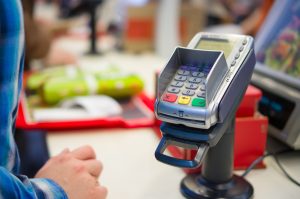
There was also a decrease in the number of ATMs, down from 52,547 to 51,253. This figure was driven by a fall in the number of charging ATMs, whereas the number of free to use machines slightly increased.
The network’s data also showed that 99.9% of UK high streets have free access to cash within 1km. Since 2019, LINK has successfully run a community request initiative that allows members of the public to contact LINK directly if they believe their community does not have good enough access to cash.
To date, more than 150 community free-to-use ATMs have been installed by LINK.
RELATIONSHIP WITH CASH
Graham Mott, Director of Strategy at LINK said these numbers “aren’t surprising”.
“It’s easy to forget that there was quite a significant lockdown at the beginning of 2021 and therefore 2022 was the first year we’ve had since 2019 where there were no interruptions,” he said.
“What we know is that our relationship with cash and ATMs has changed. While many people are now happy to use contactless or digital payments, our research shows there are very few people that are completely cashless. We also know that people are visiting cash machines less often, but on average take out more cash.”
He added that it was “extremely good news” that the UK Government is introducing legislation to help protect free access to cash.
“There are still over five million people who rely on access to cash and face-to-face banking services,” said Mr Mott.
“Digital payments and banking may be fantastic for some, but at the moment, they don’t work for all which is why this legislation is so important.”



